Given in the Holladay 10th Ward
Intro
Thank you, Brother Clayton. As he said, my name is Nat Harward and I have been attending the ward off-and-on since September of last year, when I moved into one of the extra rooms with Josh and KC Brothers at the big red house on the corner of Wander and 45th that everyone knows.
It really has been a blessing in my life to be here in this ward. I appreciate the warmth and outreach that I have received from so many of you. And I hope that through the duration of the time that you get to be in this ward, that you will continue offering the goodness that you have to your neighbors and receiving and welcoming the nurturing spirit of those who are around you here.
The Start of our Story
Today I’ll be reflecting on Elder Gong’s talk from April 2022 conference, entitled “We Each Have a Story.”1 And as I continue, I’ll keep coming back to a foil of themes:
- having vs choosing and
- inheriting vs creating.
Each of our stories, as unique as they are, starts with family.
Whether or not we know them, we are each born of a mother and a father. And each mother and father is likewise born of a mother and father.
Elder Gerrit W. Gong, “We Each Have a Story”
And regardless of who and how and whether the mother-father roles in our lives were filled, “we are ultimately all connected in the family of God and in the human family.” Perhaps it is because our first relationships are with a mother and father that “When asked where meaning comes from in life, the majority of people rank family first” (Gong).
And so there begins each of our stories — with our mother and father and the physical inheritance that they bestow on us: our bodies encoded from a combination of their DNA.
Family Inheritances: Biology and then Some
In the book, It Didn’t Start With You a psychologist named Mark Wolynn suggests that at birth we inherit a lot more than just our parents’ biology:
When your grandmother was five months pregnant with your mother, the precursor cell of the egg you developed from was already present in your mother’s ovaries. This means that before your mother was even born, your mother, your grandmother and the earliest traces of you were all in the same body — three generations sharing the same biological environment. […] Your inception can be similarly traced in your paternal line. The precursor cells of the sperm you developed from were present into your father when he was a fetus in his mother’s womb.
emphasis added; Wolynn
You’ve probably already considered inheritances received from your parents beyond just their biology. Things like:
- tradition
- habits
- mannerisms
- recipes
- stories
- favorite vacation places
- ways of speaking
and things like this.
All of these you might have found traces of further up the family tree, as things — not just from them (your parents) but from their parents or many, many generations back — all of these pieces of culture that get handed down from one generation to the next.
“If you look deeply into the palm of your hand you will see your parents and all generations of your ancestors. Each of them are live in this moment. Each present in your body. You are the continuation of each of these people.”
Thich Nhat Hanh, A Lifetime of Peace
So in this way, our ancestors are all “Still very much alive” and “deserve to be remembered,” as they are the sources of so much that exists in our individual lives (Gong). By remembering them, we can be conscious of where and when pieces of our current lives or our inherited stories come from and perhaps even why they exist. And that understanding gives us a chance to make a clearer choice as to whether or not we will continue to nurture those pieces of ourselves, keeping them alive; or, if we will choose to retire those things, to prune them, or trim them — thanking those contributions for what we may have learned and saying it’s time to let them go.
This idea reminds me of the allegory of olive tree in Jacob 5, where not only is the House of Israel as a collective represented in the tree, or in the vineyard — with pieces that get grafted and moved around, and some that are productive, and some aren’t and get trimmed and burned — this is an image that works for you and I as individuals, too.
Why Remember Family?
On remembering our ancestors, I thought about the Disney Pixar movie from 2017, Coco,3 which touched me so much when I watched it. It was based on the mythical supposition that “if there’s no one left in the living world to remember you, then you disappear from [the spirit] world [or the afterlife].”
As Miguel, the main character, ventures into the world of the dead to connect with his long-past family, one of the matriarchs in his line tells him:
Miguel, I give you my blessing to go home and never forget how much your family cares for you.
Mamá Imelda, Coco
Now why might she say that?
Perhaps, it is because if you were to imagine your life and what your life would be like if you woke up every day and felt not only the infinite love of God and Christ for you, but also, if you had just an ounce of understanding and feeling of the love that your entire family tree has for you — everyone who has passed before you, all of their love, all of them rooting for you cheering you on, available to teach you something every day; if you could close your eyes, and see the faces of a hundred of your progenitors, and feel their strength and the lessons they have available to pass on to you from generation to generation — if all of that was welled up in you in a moment each day, wow. What a resource.
The Power of Family Stories
[Some] myth-shattering research years ago has reshaped our understanding of dinner-time discipline and difficult conversations [at home. They found that] The single most important thing you can do for your family may be the simplest of all: [which is to] develop a strong family narrative.
It was in the mid-90s, [when a psychologist at Emory University] was asked to help explore myth and ritual in American families. There had been a lot of research at the time [about what was causing the family to break down]. But [these researchers] were more interested in what families could do to counteract those forces [and be stronger together].
[At] that time, [the researcher’s wife … ] noticed something about [the] students [that she had in her classes, which was that] The ones who kn[e]w a lot about their families tend[ed] to do better when they face[d] challenges.
[The researchers went on that] Every family has a unifying narrative [… some are ascending, some are descending … but] the most [helpful and] healthy narrative [… they] call[] the oscillating narrative[, which might go something like this:]
Dear, let me tell you, we’ve had ups and downs in our family. We built a family business. Your grandfather was a pillar in the community. Your mother was on the board of the hospital. But we had setbacks. You ha[ve] an uncle who was once arrested. We had a house burn down. Your father lost [his] job. But no matter what happened, we always stuck together as a family.4
Bruce Feiler, NYT, “The Family Stories That Bind Us”
This narrative best lines up with the actual, observed realities of all individuals and families in mortality: we win some, we lose some. “The Lord Giveth and the Lord Taketh away.”5
So whether we like it or not that’s what’s going to happen to each of us.
And note that this little aphorism at the start of the Book of Job immediately precedes an indication of his (Job’s) choice of attitude with regard to that reality:
So the Lord giveth the Lord taketh away and … “Blessed be the name of the Lord” … in His giving and taking, and in our receiving and losing.
When Family Fails Us
Back to Elder Gong:
Just as joys come in families, so can sorrows. No individual is perfect, nor is any family. When those who should love, nurture and protect us fail to do so, we feel abandoned, embarrassed [and] hurt. Family can become a hollow shell.
[…] Yet, with heaven’s help, we can come to understand our family and make peace with each other.
emphasis added; Elder Gong
We can choose to not be bound by the inheritance given to us by the stories that have already been told. We can choose to learn to keep the best, to trim the worst, and improve that which yet has untapped potential.
As Elder Gong urges us:
Learn and acknowledge with gratitude and honesty your family heritage. [By honesty, I think what he means is don’t gloss over difficult truths. He continues:] Celebrate and become the positive and, where needed, humbly do everything possible not to pass on the negative.
Let good things begin with you.
emphasis added; Elder Gong
Write a New Story — But Keep the Good
I’ll be the first to say that it takes a lot of work to prune an inheritance that hurts and to do everything that’s possible to not pass on the negative. It’s a whole talk on its own. I can briefly summarize it by saying: feel completely and forgive wholeheartedly. The endeavor is a heroic effort to heal the wounds in a family tree.
But on becoming the positive, I’d like to look to a narrative structure that has shown up in stories told around the world through the millennium of the hero’s journey — wherein, an individual
- decides to wander out beyond the gates of the home that he grew up in, get lost, find something new, see a problem that they decide is worth solving … and
- once taking on that adventure, to go through a phase of suffering, being in an unfamiliar place, facing challenges and failures and setbacks, but continuing on and on and on and on, working towards solving that problem, which, at some point,
- will culminate in the darkest moments — reaching the deepest pit, the dragon’s lair, the scariest cave — where we at least want to go … and, in that space,
- discovering, finding something new — a solution, or a treasure — and with that,
- returning home a new person,
- sharing new knowledge with our families and communities that raised us.6
Jesus Redeems the Whole Family Tree, the Entire Family Story
The promise of Jesus Christ is that we can become our best story and our families can become happy forever. In all our generations, Jesus Christ heals the brokenhearted, delivers the captives, [and] sets at liberty them that are bruised.
emphasis added; Elder Gong
This promise applies to those who have already passed on.
We all have skeletons in our family tree, which, upon discovering may be kind of hard to swallow — especially when we find traces of those skeletons in ourselves, and in our shadows — our dark urges that seem out of line with the light that we seek and hope to radiate to others.
But, I believe in the infinite mercy and love of God. That, could we see to the other side of the veil now, we would more often than not see people in our family restored, humble in heart, and perhaps urging us to have courage to do better than did they, as well as pleading our forgiveness for the scars we have felt from that which they passed on.
I too believe that in the garden and on the cross, every bit of our life experience that’s hard to swallow was consumed on the altar. There isn’t a hurt, an urge, a nightmare, a habit, a scar or a wound that Jesus has yet to feel and heal.
[So] we each have a story. Come [and create] yours. […] Find your voice, [write] your song [and sing] your harmony [to] Him, [our God]. This is the very purpose for which God created the heavens and the earth and saw that they were good.
emphasis added; Elder Gong
We’re each a son or daughter of Heavenly Parents, born to mortality of fallen, earthly parents — yet, eternally endowed with unbounded potential.
The ultimate question of man is not who we are, but who we could be.7
Jordan B Peterson
I say this in the name of Jesus Christ, our Savior, amen.
Sources
- “We Each Have a Story” by By Elder Gerrit W. Gong – Apr 2022 General Conference
- It Didn’t Start with You: How Inherited Family Trauma Shapes Who We Are and How to End the Cycle by Mark Wolynn, 2016
- Coco, Disney-Pixar, 2017
- “The Family Stories That Bind Us” by Bruce Feiler, published March 15, 2013 in New York Times
- Job 1:21 KJV
- Notes on The Hero’s Journey from Damon D’Amore
- Beyond Order by Jordan B Peterson,

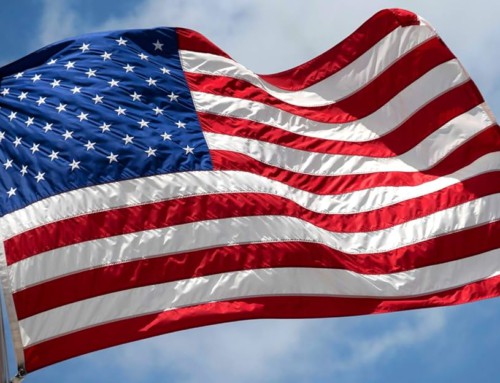
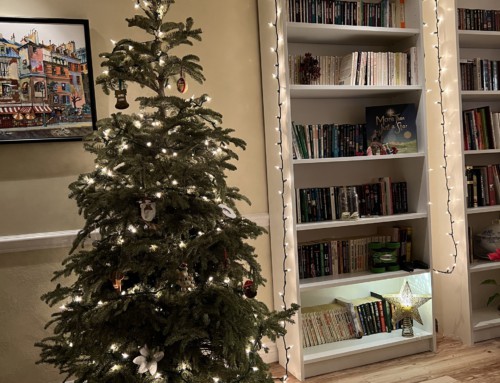
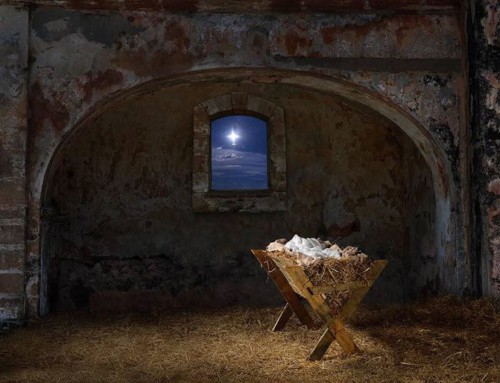
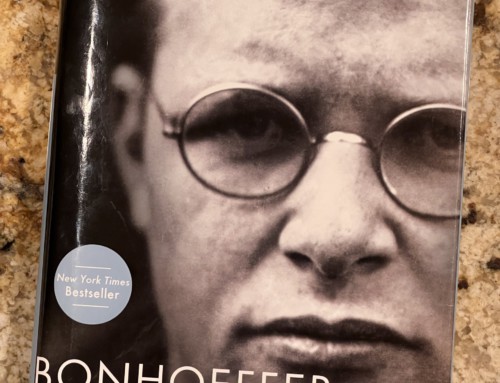
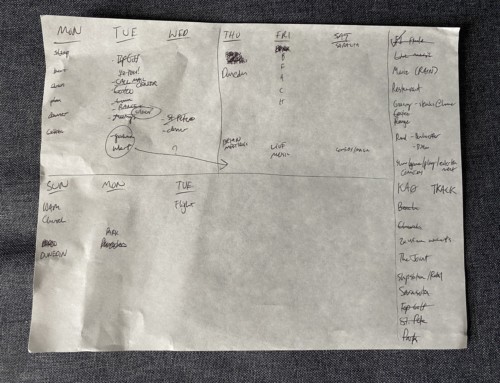
Leave a Reply